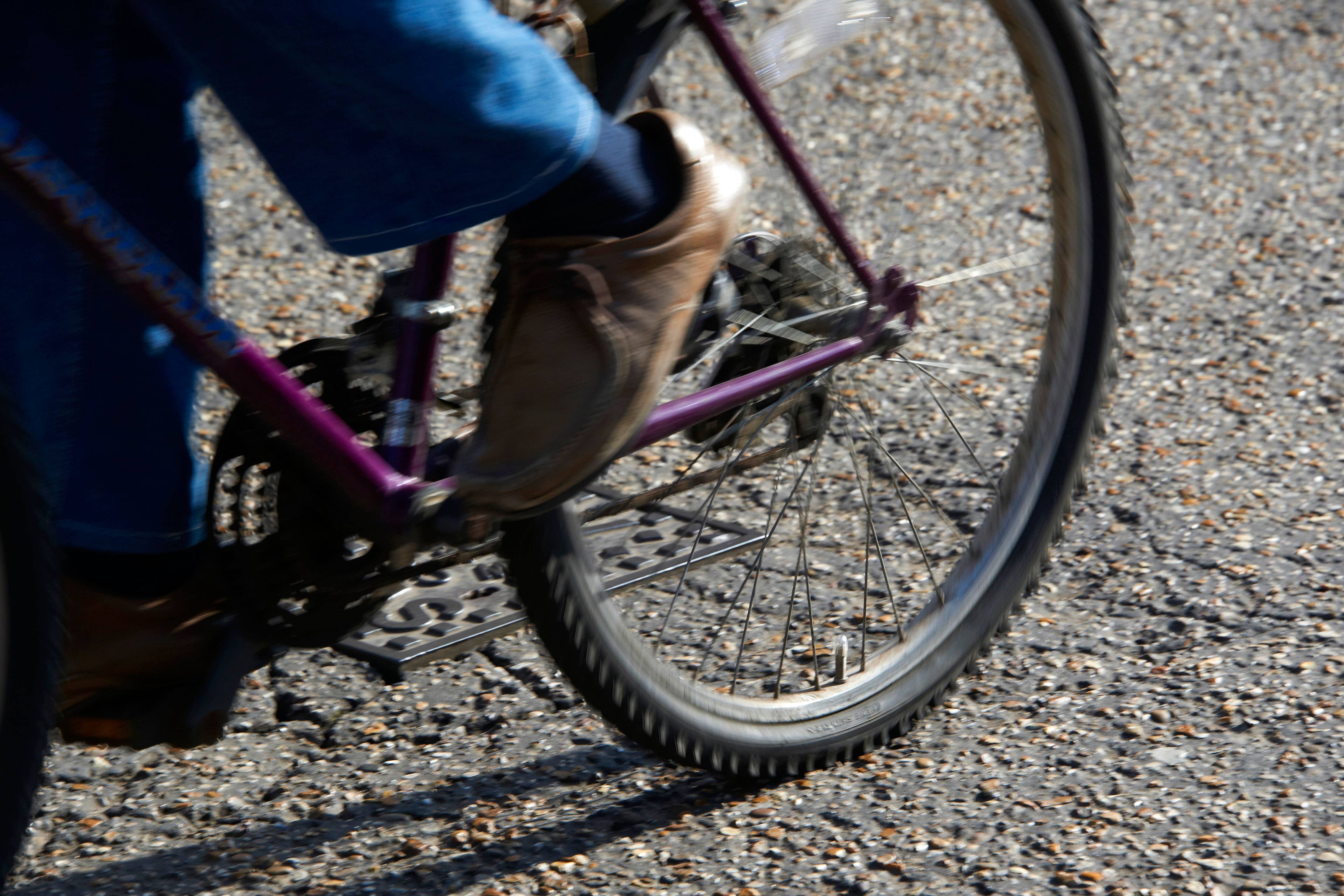Offer 40% new bike discounts to low income workers – charity
Sustrans said nearly two million people are unable to access to existing Cycle to Work initiatives.

Your support helps us to tell the story
From reproductive rights to climate change to Big Tech, The Independent is on the ground when the story is developing. Whether it's investigating the financials of Elon Musk's pro-Trump PAC or producing our latest documentary, 'The A Word', which shines a light on the American women fighting for reproductive rights, we know how important it is to parse out the facts from the messaging.
At such a critical moment in US history, we need reporters on the ground. Your donation allows us to keep sending journalists to speak to both sides of the story.
The Independent is trusted by Americans across the entire political spectrum. And unlike many other quality news outlets, we choose not to lock Americans out of our reporting and analysis with paywalls. We believe quality journalism should be available to everyone, paid for by those who can afford it.
Your support makes all the difference.People on low incomes should be given 40% discounts on new bike purchases, according to an active travel charity.
Sustrans said nearly two million people are unable to access Cycle to Work initiatives because they do not meet entry criteria.
It called for a parallel voucher system which broadens the “opportunities and benefits of cycling”.
To include those at all economic levels in this is a priority
Department for Transport (DfT) figures published last month show the average annual distance cycled per person in England fell from 54 miles in 2019 – before the coronavirus pandemic – to 47 miles in 2023.
Cycle to Work vouchers enable millions of people to receive discounts on new bikes and cycling equipment of 30-42%, with payments made through salary sacrifice.
They are available to people who earn at least minimum wage after the deductions, and are paid and taxed via a pay as you earn (PAYE) system.
Ineligible people include those who are not in work, self-employed, work for a non-participating employer or earn up to £17,000 per year.
Sustrans commissioned a survey of 2,052 people in the UK on low incomes or out of work, which indicated that 38% of this group say bikes are unaffordable.
The charity estimated that offering a 40% discount voucher to those not eligible for Cycle to Work would have an annual economic benefit of £60 million, including £20 million from improved health reducing NHS costs and employee sick days.
Other benefits stated by the charity include better access to work and education opportunities, a reduction in carbon emissions and air pollution from four million car trips per year being replaced with cycling, and an economic boost to the bike industry.
Sustrans calculated the policy would cost £18 million per year in vouchers, not including running costs.
The figures are based on 100,000 people taking up the scheme annually.
The charity made a series of other recommendations to “address other barriers to cycling”, such as providing secure and accessible residential bike parking, increasing the number of traffic-free cycling routes in the most deprived areas, and ensuring cycling policy takes into account people on low incomes or out of work.
Sustrans chief executive Xavier Brice said: “A new UK Government brings new opportunities.
“Their focus on the economy, opportunity and health is critical, and integrating transport with walking, wheeling and cycling must be a part of this.
“To include those at all economic levels in this is a priority, or we risk leaving two million people to the dangers of transport poverty.”
The Department for Transport was approached for a comment.